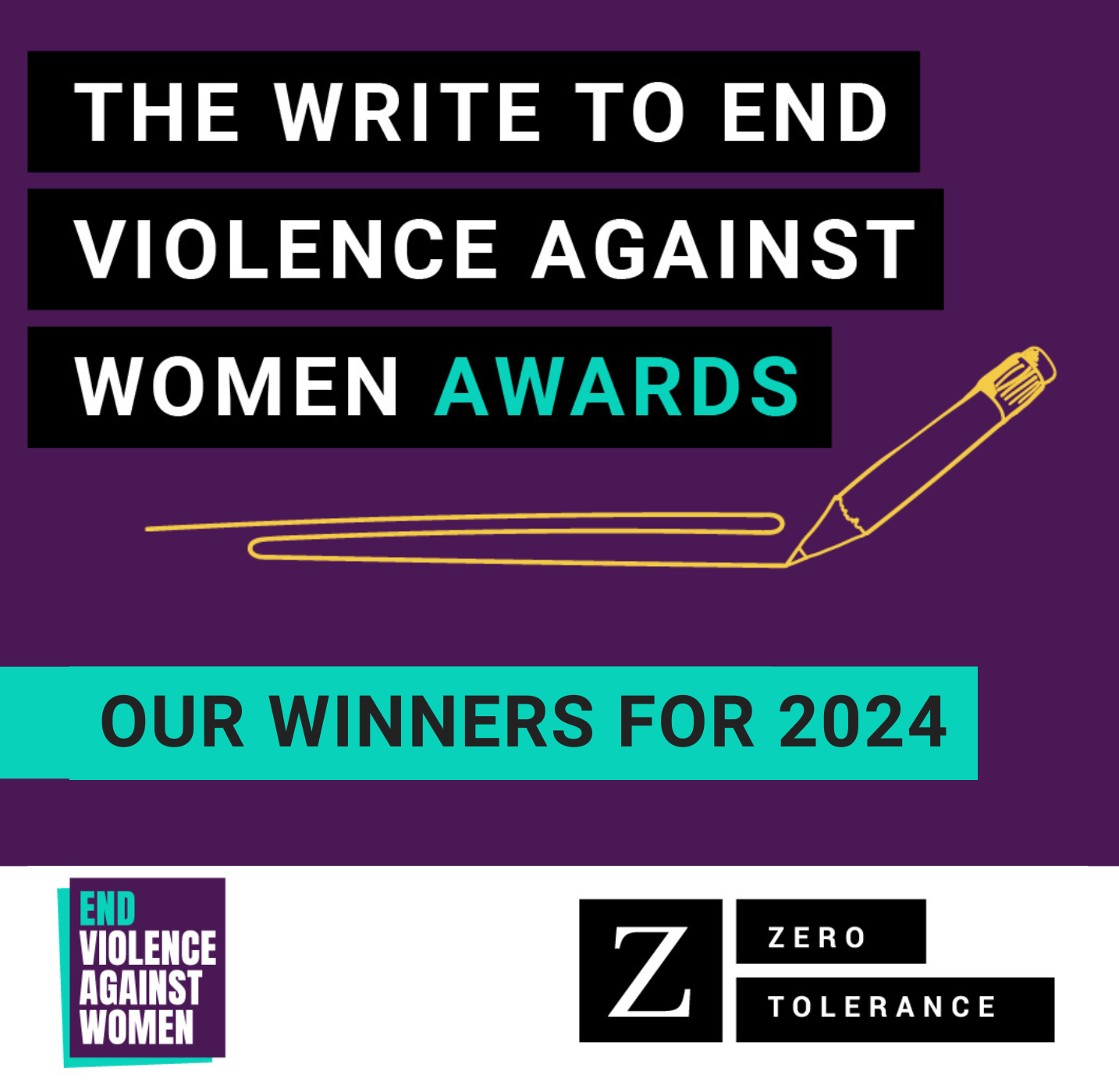This week the Government’s legislative plans for the next year were announced in the Queen’s Speech. While we welcome some of the legislation mentioned in the speech, many of the Bills give serious cause for concern.
We welcome the fact that the long awaited
Victims Bill was in the Speech. The Government has
committed to consulting on a duty for the provision of domestic abuse community-based services as part of the forthcoming Victims Bill consultation. We expect this to happen later this year and EVAW will continue to seek assurance that all survivors of VAWG, regardless of migrant status, are included in measures, in line with the Istanbul Convention.
There will be an Online Safety Bill – previously known as the Online Harms Bill – and we hope that the Government will take this unique opportunity to tackle online VAWG, including intimate image-based abuse, online harassment, coercive “sexting” and “deepfake” pornography, that many women and girls face on a daily basis. This is particularly true for Black and minoritised women who are disproportionately victimised online. It is important that this forthcoming legislation acknowledges VAWG as a specific form of online harm in the definition of the Bill.
While reference to the forthcoming
VAWG Strategy is welcome, we remain deeply concerned that the Government still intends to publish a separate Domestic Abuse Strategy, according to the
Queen’s Speech background briefing notes.
The VAWG sector is clear that such fragmentation of a coordinated VAWG approach is not the best way to ensure holistic support for all women and girls.
Alongside some necessary pieces of legislation, there were some very worrying announcements. New legislation was announced to support the delivery of the Government’s
New Plan for Immigration. This New Plan
would have a catastrophic impact on migrant and asylum-seeking women, many of whom have experienced VAWG in their country of origin and/or on route to the UK. The proposed plans to render asylum claims inadmissible if someone arrives via irregular routes is inconsistent with the Refugee Convention, and the new “balance of probabilities” standard and “one-stop” process would be particularly damaging for asylum-seeking victims/survivors of VAWG, whose VAWG-based claims are often poorly understood and whose trauma stemming from abuse they may have suffered for months, if not years, can be difficult to talk about. These new plans do not take account of these realities for migrant and asylum-seeking women at all.
The previously announced
Police, Crime, Sentencing and Courts Bill also featured in yesterday’s speech.
We are clear that the proposed new police powers in this Bill would be draconian and have a severe disproportionate impact on Black and minoritised communities. Furthermore, the proposed trespass offence would have dire, disproportionate impact on women from Gypsy, Roma and Traveller communities at risk of abuse.
The
Judicial Review Bill seeks to curb the power of individuals and organisations holding public bodies to account in the court. Judicial Review has allowed EVAW and many others in the VAWG sector to bring necessary challenges on how
rape is prosecuted by the CPS, police failures in the
John Worboys case, and on how schools respond to sexual assault in schools. Judicial Review is a vital mechanism for women and girls to hold the state to account for breeches of human rights, and it is a deeply worrying direction of travel if the Government are intent on bringing forth roadblocks to these challenges.
Finally, plans to make having a form of ID compulsory for voting under the proposed
Electoral Integrity Bill are highly worrying for democracy as it is clear that such plans would have significant, disproportionate impact on
poorer, Black and minoritised,
older, disabled and homeless people. Given the fact that there were only six reported cases of voter fraud at the last general election and over 2 million people would not be able to vote under these changes, it remains unclear how these plans are at all proportionate and would not simply result in the disenfranchisement of people already minoritised and marginalised in society.
 12 Dec
12 Dec
 12 Dec
12 Dec
 25 Nov
25 Nov
 15 Nov
15 Nov